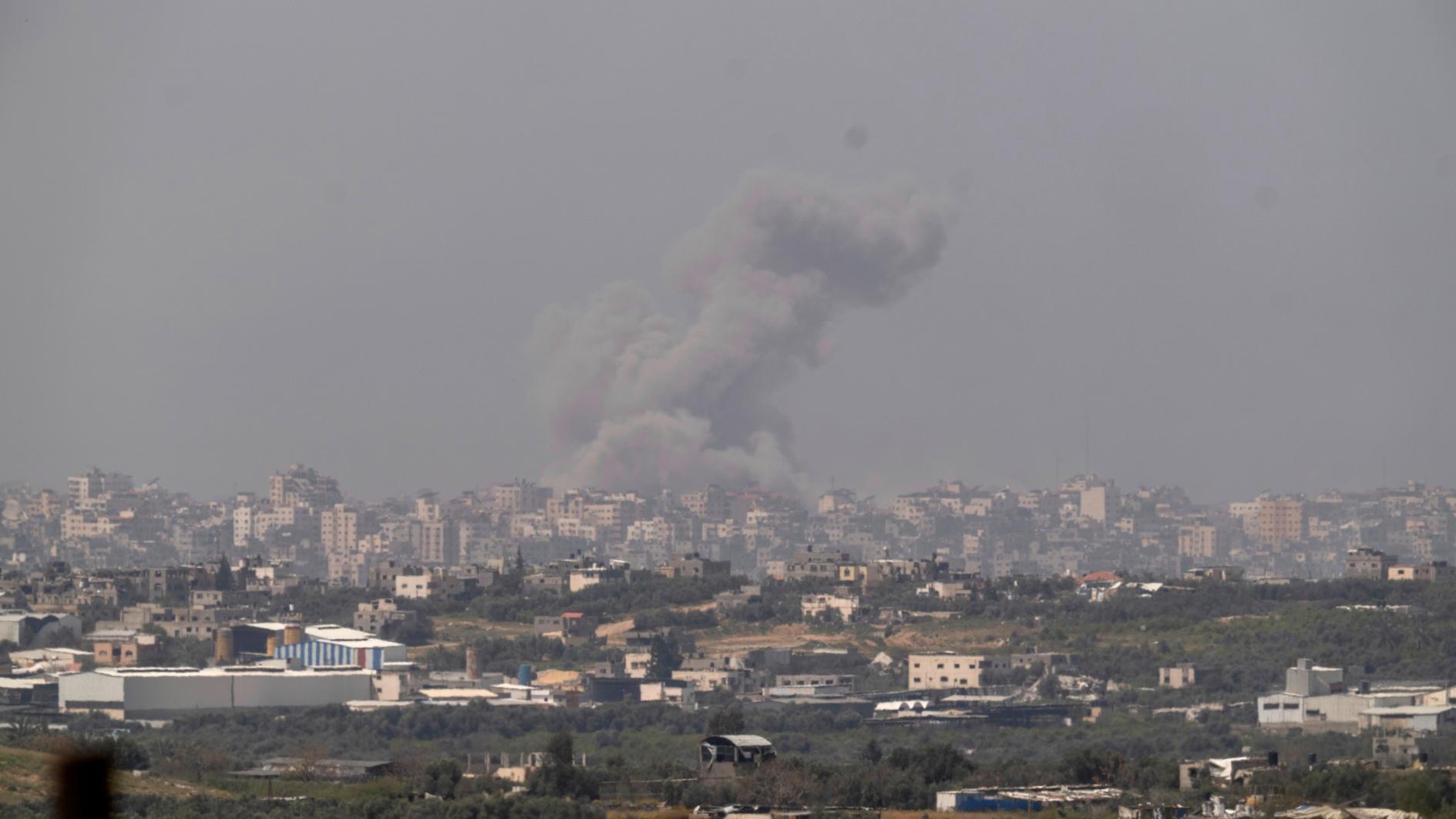British MPs want access to redacted parts of CIA torture report
LONDON - Agence France-Presse

UK Secretary of State for Defence Michael Fallon. AP Photo
A parliamentary committee investigating possible British links to torture will request access to blacked out parts of a US Senate report on CIA treatment of Al-Qaeda suspects, its chairman said Dec. 14.The news comes amid growing questions in Britain about whether its intelligence services made use of information extracted by the CIA using brutal and unauthorised tactics in the years after the 9/11 attacks.
Defence Secretary Michael Fallon said key figures in Britain's Labour government at the time including former prime minister Tony Blair should face questions on the issue.
Malcolm Rifkind, the chairman of parliament's Intelligence and Security Committee, said it would ask for access to secret parts of the US report but was not confident that the request would be successful.
"We are taking the steps that are normally taken to try to obtain information," he said. "There are various ways in which this might be dealt with."
The US Senate Intelligence Committee report released last week said that CIA torture had been more brutal than previously acknowledged, badly supervised and ineffective.
Detainees were beaten, waterboarded and humiliated through the painful use of "rectal feeding" and "rectal rehydration," it added.
Defence Secretary Michael Fallon, of Prime Minister David Cameron's Conservative party, told this week's Sunday Telegraph that Blair and others should give a public account of what they knew of such activities.
"It's for ministers in that government to account for their actions," he added.
Downing Street said last week that British intelligence had spoken to counterparts in the US about removing some sections of the Senate report but added that this was on "national security grounds", not to cover up any role it played.
Rifkind's committee is already conducting an inquiry into whether British intelligence agencies were involved in mistreatment of detainees.
It says that, while there are no allegations of British agents being directly involved in torture, it wants to know if they knew what the CIA was doing, accepted intelligence gleaned using waterboarding and offered questions to be put to CIA detainees.
Alan West, a former head of defence intelligence, said last week that "odd" British agents may have known what their US counterparts were doing but said a full public inquiry into the issue would achieve little.
One of the most serious allegations facing British agents is that MI6 officers were involved in the rendition of two Libyan dissidents to Tripoli in 2004, where they faced torture by late dictator Moamer Kadhafi's security forces.
Evidence in the case is being considered by prosecutors to see if anyone should be brought to court.
















